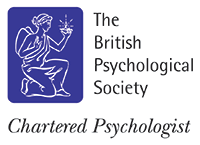How do Educational Psychologists assess children in schools?
Educational Psychologists (EPs) are trained to assess children and young people in a variety of different ways. In addition to formal psychometric testing it is important for the EP to consider different perceptions and opinions regarding a child when assessing them, as well as observing them in different situations. To this end many Educational Psychologists will employ a multi-faceted approach to assessment, involving a one-to-one assessment with the child or young person, speaking to staff at the school, parents or carers as well as other professionals who may be involved in the child’s care. This process enables the EP to obtain a more rounded view of the child and their individual needs.
A typical Educational Psychology assessment in a school may therefore include:
- A meeting with the Special Educational Needs Coordinator (SENCo) to discuss their views, results of any tests they may have administered, plus support and strategies that have already been put put in to place by school
- A discussion with any other school staff, such as teachers, teaching assistants or learning support staff who have involvement with the child
- One to one psychometric assessment of the child or young person (see our article on the types of tests used by clicking here)
- An ‘interview’ with the child to obtain their views
- Observations of the child in the classroom and at play
- A meeting or telephone conversation with parent(s) or carer(s)
The Educational Psychologist will then normally produce a full written report summarising the results of their psychometric tests, views and observations from the various people that the EP consulted with, their conclusions based on these and then finally recommendations and strategies as how to best support the child or young person. For more information about Educational Psychology reports, see our article on this here.






